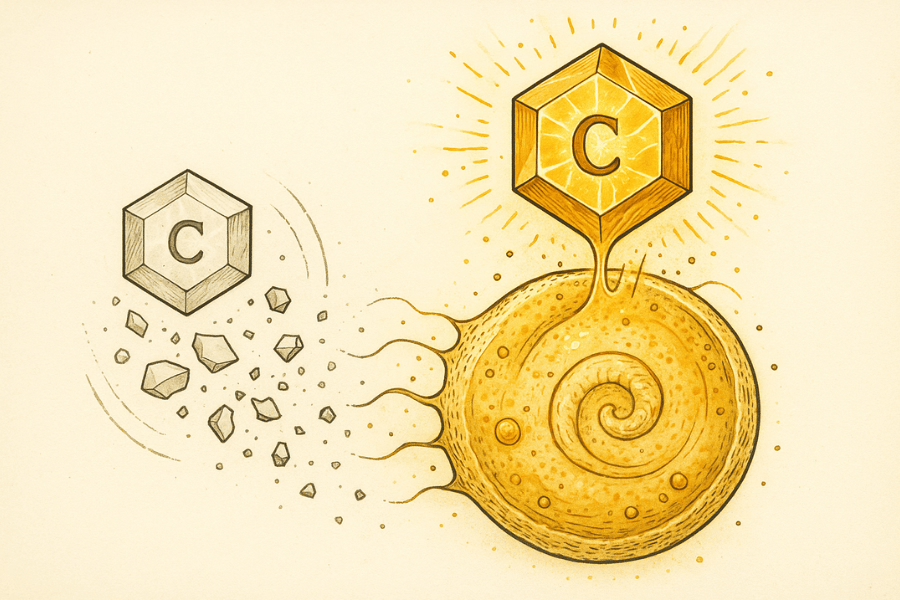Linus Pauling’s high vitamin C dosage recommendations have made it possible for countless people to avoid prescription medications
In the 1930s, Dr. Claus W. Jungblut, an early pioneer of vitamin C therapy, discovered that only primates and guinea pigs were susceptible to scurvy as well as anaphylactic shock, pulmonary tuberculosis, diptheritic intoxication, a poliomyelitis-like viral infection and a viral form of leukemia. None of the vitamin C synthesizing laboratory animals had susceptibility to these diseases.
Study: Intake of Vitamin C improved brain cognitive function
Vitamin C Helps Prevent Gout
Recently, study was published that assessed the relationship between vitamin C intake and risk of gout in almost 47,000 men. All the men had no history of gout when they entered the study. Their intakes of vitamin C (via diet and supplements) were assessed every 4 years over a 20-year period.
Risk of gout was found to be lower in individuals with higher vitamin C intake. Compared to individuals with a total vitamin C intake of less than 250 mg per day, those with total intakes of 500 – 999 mg per day had a 17 percent reduced risk of gout. For intakes of 1,000 – 1,499 mg and 1,500 mg or more per day, the risk of getting gout was down by 34 and 45 percent, respectively.
The authors of this study also looked at the relationship between amounts of vitamin C ingested in supplement form only and risk of gout. Here again, higher supplemental levels were associated with a reduced risk of gout. Compared to those who did not supplement with vitamin C, those supplementing with 1,000 – 1,499 mg and 1,500 mg or more of vitamin C per day were found to be at 34 and 45 percent reduced risk of gout, respectively.
These results suggest that vitamin C, either from diet or supplements, is associated with a reduced risk of gout.










